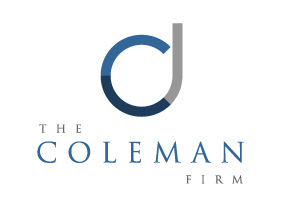The majority of Americans are taking their debt to the grave. As debt increases, so do the problems creditors face in probate and trust litigation. Many Californians think of enjoying their golden years with no more mortgage, student and car loans or credit-card debt.
Unfortunately, this is just not the reality. According to ABC News, 73% of American consumers are dying with unpaid debt — an average of $61,554, to be exact.
So, where does this leave the creditors who are owed? Just like assets and property belong to a person’s estate, so does the debt. Even though the debtor has passed away, there are still ways for creditors to legally regain their losses.
Who is responsible for a decedent’s debts?
Who is responsible for the debt in the event of death, largely depends on the type of outstanding debt, but may (or may not) include:
- Cosigners. If the debt is a loan that was cosigned by other parties who are still living, then they are responsible for the outstanding debt.
- Spouses or business partners. Many times, the remaining balance is now the responsibility of the surviving spouse or business partner, including mortgages, car loans and other creditors.
What about personal loans and credit card debt?
Loved ones left behind are not liable for such outstanding debts unless they are shared accounts. If the debt is not shared, creditors can make claims against the estate to recuperate some or all of their losses. Time is of the essence, because this needs to be done before assets are distributed among beneficiaries.
Outstanding and ongoing business contracts can leave individuals wondering how to collect the debt. These types of creditors also have a legal claim in probate litigation.
Fortunately, federal student loans are canceled upon the death of the borrower. However, private student loan lenders have a legal right to claims against the deceased person’s estate, as do other creditors.
Debt doesn’t just disappear when a person dies. Outstanding debt has real and long-lasting consequences.
If you are wondering how to make a claim against an estate as a creditor, you could greatly benefit from learning more about creditor claims against assets in probate. Even if the estate has not entered probate, creditors can initiate the probate process to file their claims, so don’t hesitate to take action.
